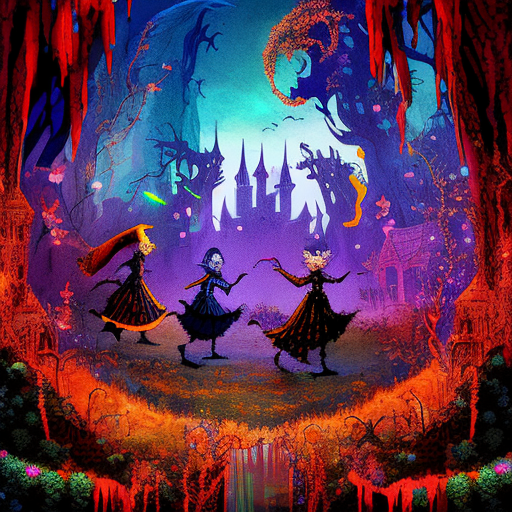One-line Summary:
In “Hocus Pocus,” a satirical novel by Kurt Vonnegut, the protagonist Eugene Debs Hartke recounts his life as a Vietnam War veteran, college professor, and inmate at a minimum-security prison, offering a scathing critique of American society.
War and its Aftermath:
The novel begins with Eugene Debs Hartke, a Vietnam War veteran, reflecting on his experiences during the war and the profound impact it had on his life. Vonnegut uses Hartke’s narrative to explore the horrors of war and its lasting consequences on individuals and society as a whole. Hartke’s time in Vietnam is marked by violence, chaos, and a sense of disillusionment. The war leaves him physically and emotionally scarred, and he struggles to find meaning and purpose in its aftermath.
A Satirical Critique of American Society:
As the story progresses, Vonnegut uses Hartke’s experiences to satirize various aspects of American society. Through his sharp wit and dark humor, Vonnegut criticizes the military-industrial complex, the education system, and the prison system, among other institutions. He highlights the absurdity and hypocrisy that often underlie these institutions, exposing their flaws and the detrimental effects they have on individuals and society.
Reflections on Education:
One of the central themes in “Hocus Pocus” is the role of education in society. Hartke, who becomes a college professor after the war, reflects on the state of education and its limitations. Vonnegut suggests that the education system often fails to provide students with the necessary skills and knowledge to navigate the complexities of the world. He critiques the emphasis on conformity and the lack of critical thinking in the educational system, arguing that it stifles creativity and independent thought.
Key Takeaways:
- Vonnegut uses satire and dark humor to critique various aspects of American society, including the military-industrial complex, the education system, and the prison system.
- The novel explores the lasting consequences of war on individuals and society, highlighting the physical and emotional scars it leaves behind.
- Vonnegut reflects on the limitations of the education system, criticizing its emphasis on conformity and lack of critical thinking.
- “Hocus Pocus” offers a scathing critique of American society, exposing its flaws and the absurdity that often underlies its institutions.
“We are what we pretend to be, so we must be careful about what we pretend to be.” – Kurt Vonnegut
In “Hocus Pocus,” Kurt Vonnegut delivers a biting critique of American society through the lens of Eugene Debs Hartke’s life. The novel explores the horrors of war and its lasting impact on individuals, while also satirizing various institutions such as the military, education, and the prison system. Vonnegut’s dark humor and sharp wit expose the absurdity and hypocrisy that often underlie these institutions, inviting readers to question the status quo. Through Hartke’s reflections on education, Vonnegut highlights the limitations of the educational system and the need for critical thinking and independent thought. “Hocus Pocus” serves as a reminder to be mindful of the roles we play in society and the consequences of our actions.












